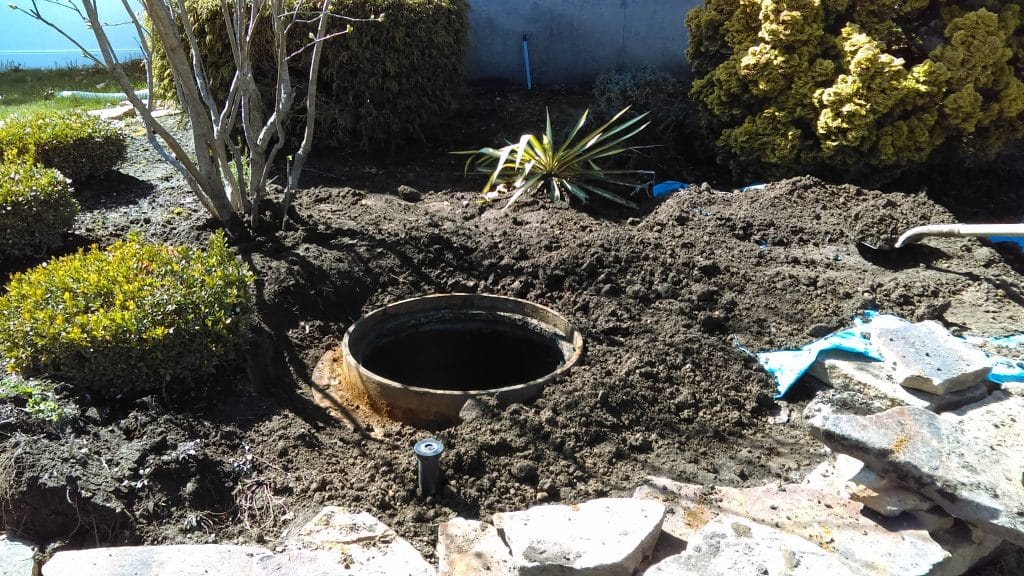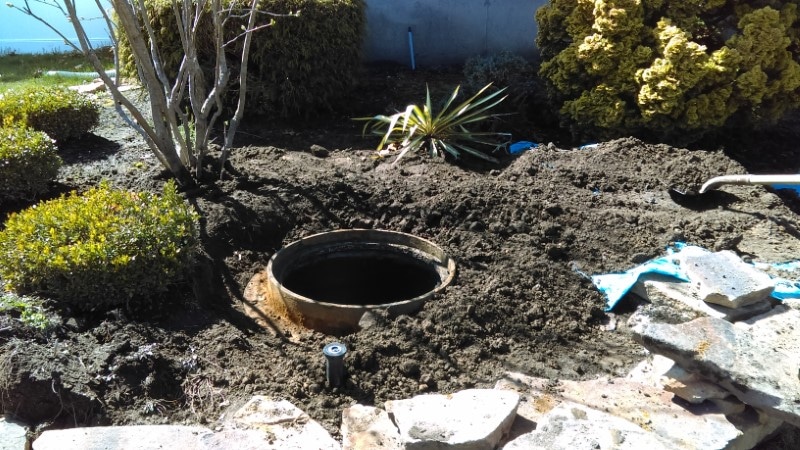
Groundwater contamination or pollution is a problem in the United States especially in the residential and commercial areas. When groundwater is contaminated, the drinking water of everyone in the area is affected. People accidentally take in substances that cause birth defects, cancers, infections, and other diseases. The substances that cause these are usually dioxins and organic solvents from landfills. People usually establish residence around and over these landfills. As a result, the chemicals seep into the basements and water supply. With this, the Ground Water Rule was published by the Environmental Protection Agency (US-EPA) in November 2006. The EPA thinks that the groundwater is vulnerable to fecal matter contamination. This rule keeps pathogens out of public water supplies. The Ground Water Rule is observed in both residential and commercial sites.
Keeping groundwater away from cesspools is a great way to ensure health and safety in residences.. All homes have cesspools because the daily wastewater should be treated and purified first before it is returned to the surrounding environment to be used again. There is always a risk that groundwater may be contaminated especially if the cesspool is not maintained well. Groundwater should be kept away from cesspools or at least kept a good distance away from the system. This can be done by any homeowner by observing the proper ways on how to keep the cesspool optimal. Below are some easy methods on how to do this as a homeowner:
- Remove heavy structures and vehicles above the cesspool area. The weight of these obstacles crushes cesspool components. The cracks and damages result to leaks, which then pave the way for wastewater backups, overflows, and flooding. The raw wastewater could easily mix with the groundwater at this point.
- Do not use harsh chemicals for your drains, toilets, and yards. These could kill off the resident bacteria in your cesspool system and stop the wastewater treatment. When this happens, the wastewater will overflow and the solid waste particles will clog the soil absorption system. The raw wastewater and chemicals will then reach the groundwater.
- Conserve water. Every cesspool has a limit as to how much wastewater and fluids it can handle. If you are wasteful with water, your cesspool is going to overflow and this will lead to groundwater contamination.
- Divert you rain gutter away from your cesspool. Heavy rains usually introduce a lot of water into your cesspool. The moment a sudden flow of wastewater stirs up the solid particles of waste and pushes them into the soil absorption area. This leads to clogging. Once the cesspool clogs, the system overflows and the raw effluent mixes in with the groundwater.
- Perform regular pump outs on your cesspool. There should be a regular pump out schedule to be followed with your septic expert. This is an effective way to eliminate solid particles and clear the clogs in the cesspool. With pump outs, you can be sure that you won’t be contributing to groundwater contamination.
Groundwater should definitely be separated from your cesspool. It is your responsibility to help maintain, not only the safety of your household but the safety of the surrounding environment. Following these tips will help you do your job more efficiently in keeping groundwater away from cesspools
